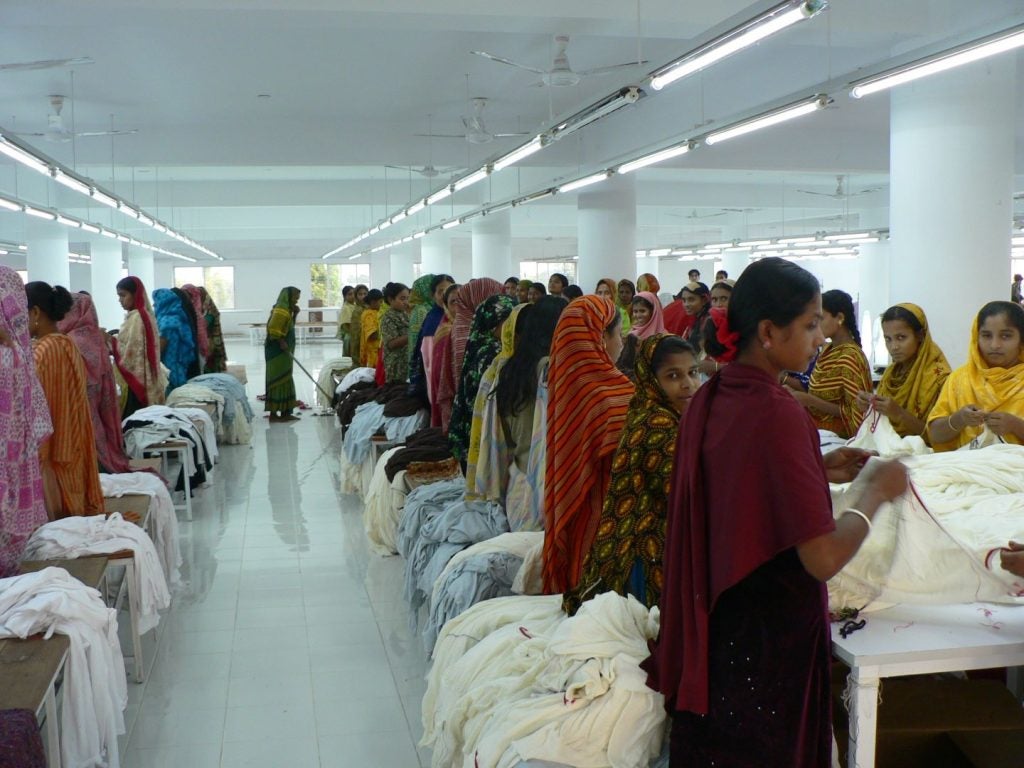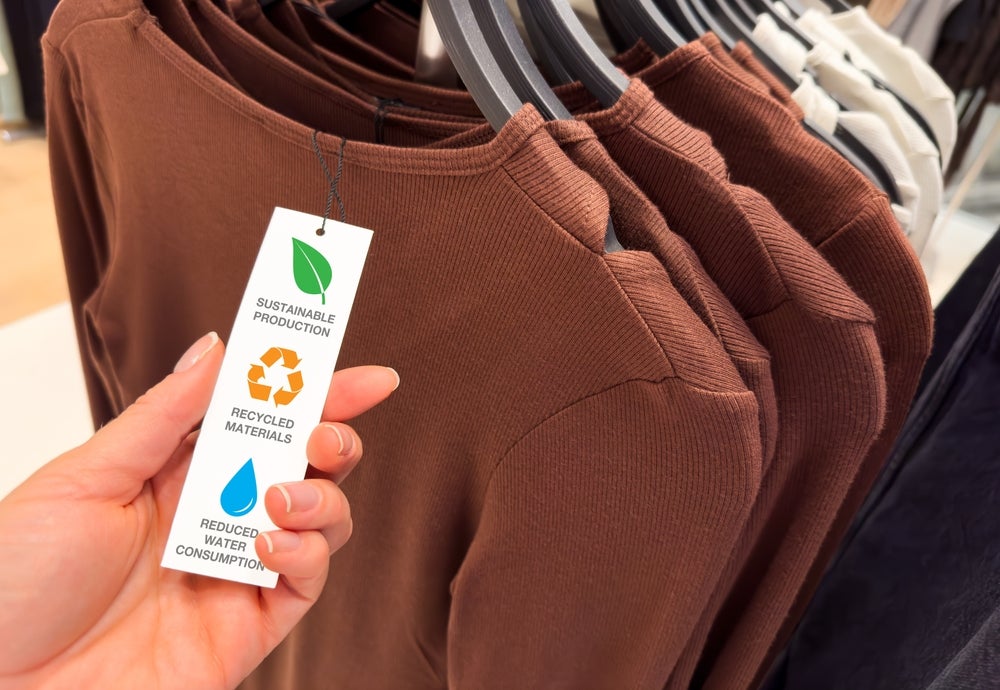
It’s not surprising the EU’s proposed legislation on textile waste was Just Style’s hot topic last week with the apparel industry keen to know what the changes will mean for their businesses and, of course, lower the risk of getting tripped up over non-compliance.
I was fortunate enough to sit down with the CEO and founder of Sourcemap Leonardo Bonnani – an interview which will feature on the site in the coming weeks – who told me that since the US government proposed and later passed legislation for the Uyghur Forced Labour Prevention Act (UFLPA), Sourcemap’s growth has been 10x. A year since the law was introduced, over 12,000 companies have registered on the platform.
And understandably so. Non-compliance is a costly business, not just in terms of fines and other penalties, but also in terms of reputation.
While the EU Commission last week published its proposed rules for an extended producer responsibility scheme, US apparel and footwear industry representatives are urging the US Senate to allow more time to develop a similar bill. It needs to accomplish what it sets out to achieve as it could form the basis of all future textile Extended Producer Responsibility (EPR) legislation in the US.
There has also been a concerted effort from organisations, both within the apparel and footwear industry and outside of it, to support the sector’s effort to operate in a way that is better, both socially and environmentally. The United Nations Environment Programme (UNEP) and the UN Climate-Change-convened Fashion Charter has launched the Sustainable Fashion Communication Playbook aimed at guiding on the best way to accurately communicate sustainability efforts. While Vans and North Face owner, VF Corp, is backing a circular fashion framework developed by the World Business Council for Sustainable Development.
The impact of the apparel and footwear industry on both people and the planet is no secret; talk about improving standards and lowering this impact has been discussed for decades. But with legislation looming and fashion brands and retailers set to be increasingly scrutinised, many will jump at the opportunity to adopt new frameworks and guides to help ease them into any new mandatory changes.
How well do you really know your competitors?
Access the most comprehensive Company Profiles on the market, powered by GlobalData. Save hours of research. Gain competitive edge.

Thank you!
Your download email will arrive shortly
Not ready to buy yet? Download a free sample
We are confident about the unique quality of our Company Profiles. However, we want you to make the most beneficial decision for your business, so we offer a free sample that you can download by submitting the below form
By GlobalDataOn reflection, compared to when I joined Just Style as News Editor (way back when), I can truly see the needle is shifting now. With legislation holding fashion brands and retailers to account, I do believe the industry will continue to change for the better and I look forward to sharing those changes with you the moment they happen.
Hannah Abdulla,
Deputy Editor, Just Style.
New IFRS Sustainability Disclosure Standards — 10 things to know
The launch of the inaugural IFRS Sustainability Disclosure Standards by the International Sustainability Standards Board (ISSB) means fashion companies are required to communicate the sustainability risks and opportunities they face over the short, medium, and long term.
EU extended responsibility scheme to charge fashion brands for textile waste
The EU Commission’s proposed rules will make fashion brands and retailers responsible for the full lifecycle of textile products and will require them to financially support the sustainable management of textile waste across the EU.
Seven ways the EU’s new textile waste rules impact the global fashion sector
Global fashion industry experts weigh the impact of the EU Commission’s proposed rules to charge fashion brands and retailers for textile waste.
US apparel sector calls for two-year Extended Producer Responsibility bill
Three US industry associations are calling on the US Senate to make the Responsible Textile Recovery Act (SB707) a two-year bill, noting it is positioned to influence all future textile Extended Producer Responsibility (EPR) legislation in the US.
VF Corp-backed circular fashion industry framework launched
The CTI framework provides a quantitative, data-driven, and adaptable system of metrics, which offers an ideal foundation for establishing a sector-wide standard in the fashion industry.
Major garment producer nations named ‘worst’ for worker rights
Several major garment-producing nations have been identified as the “worst countries for working people” according to the 2022 ITUC Global Rights Index.
Asos Sample Sale site to clear excess inventory sparks sustainability
Asos Sample Sale, a dedicated pop-up website where everything is available for £5 ($6.38), has been launched as the online fashion giant aims to clear surplus stock but industry onlookers have warned it could be met with backlash over environmental concerns.
Generative AI – gamechanger or dangerous game for fashion brands?
Apparel brands and retailers should harness the power of generative AI to enhance their ability to predict trends, consumer purchasing behaviours and increase brand loyalty according to a new report from GlobalData.






Related Company Profiles
VF Corp
Sourcemap Inc